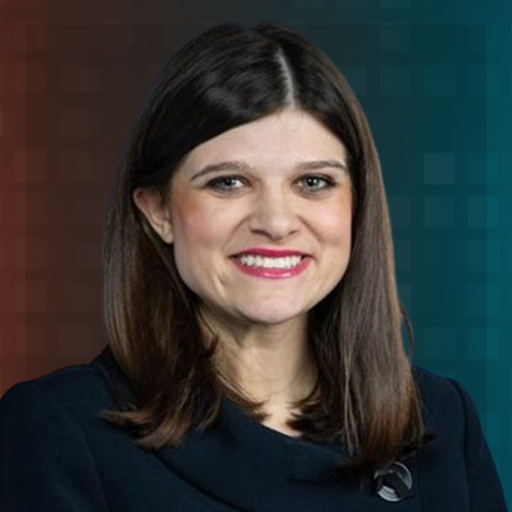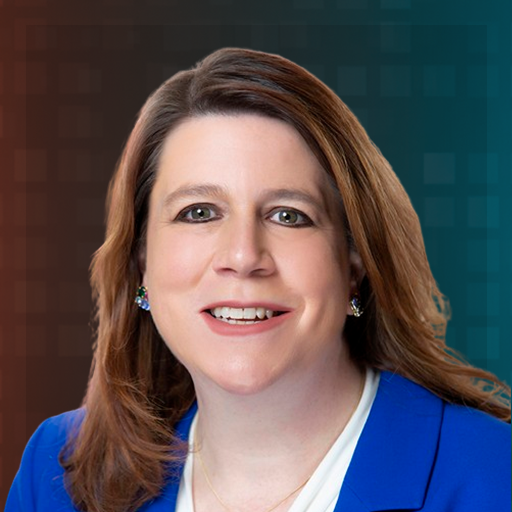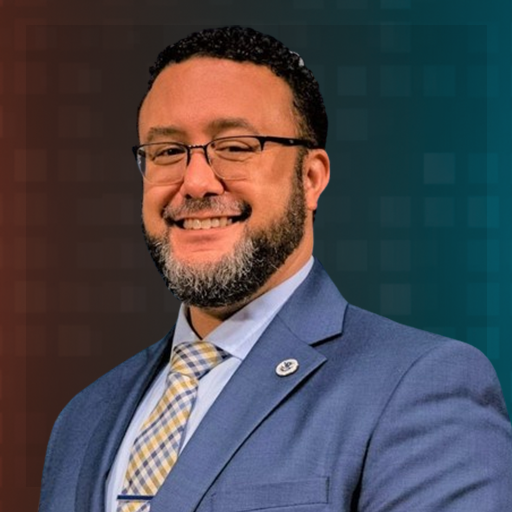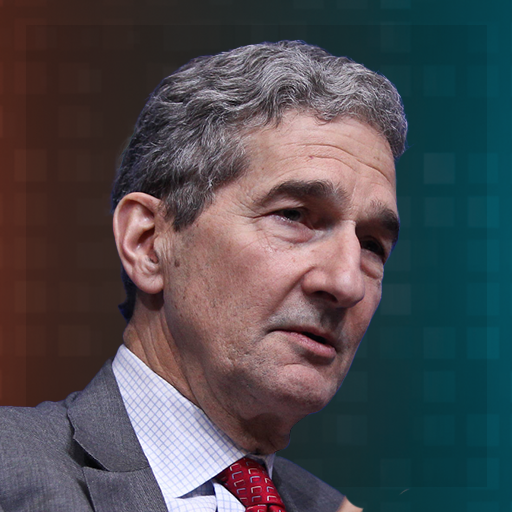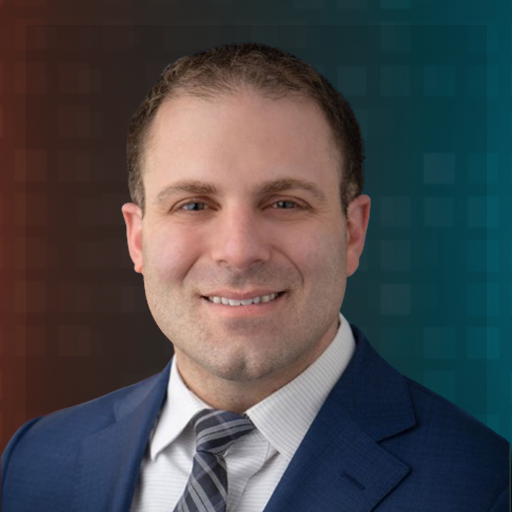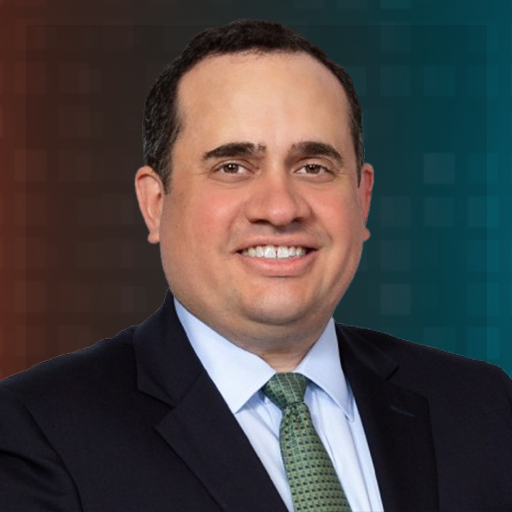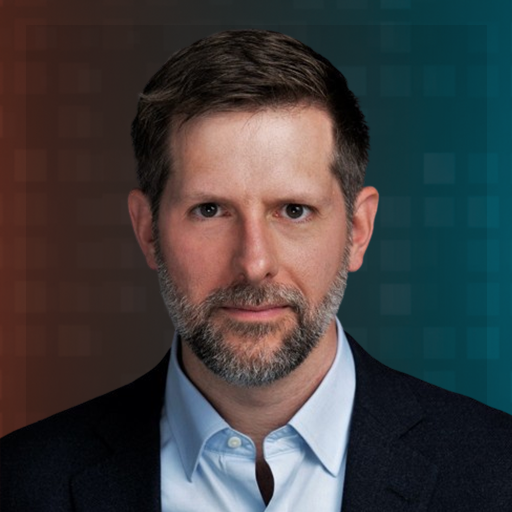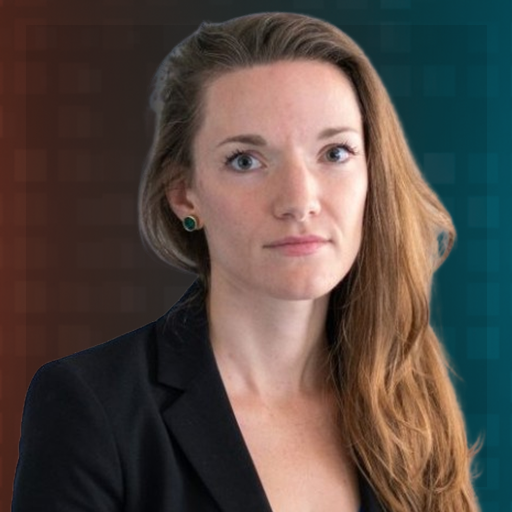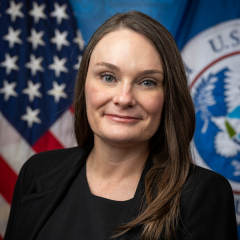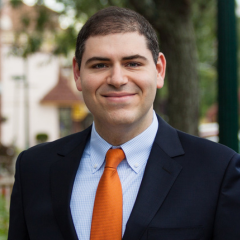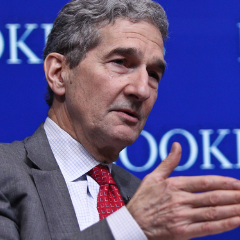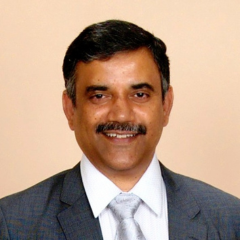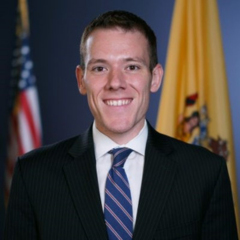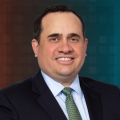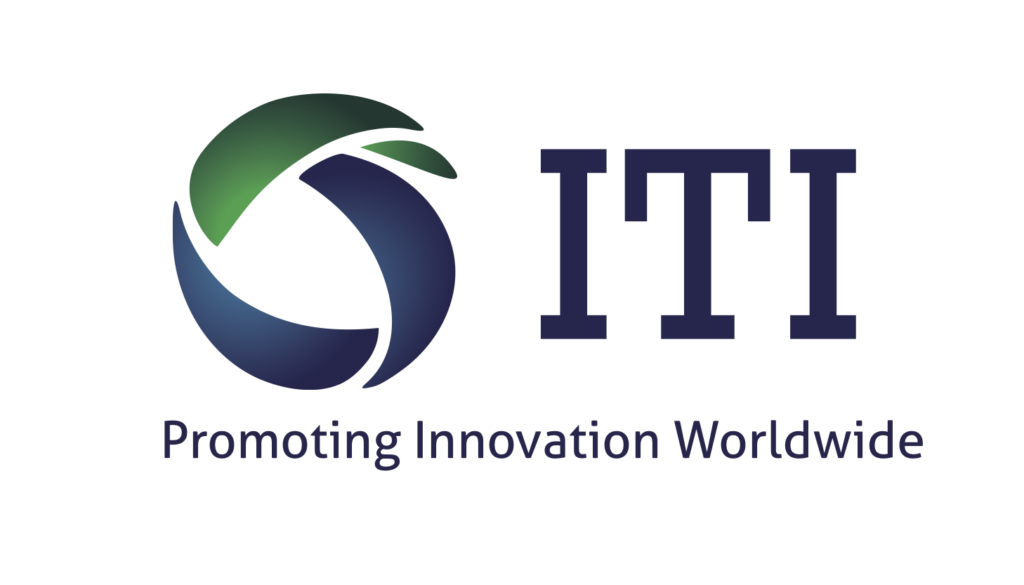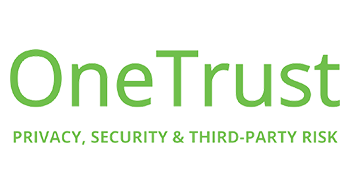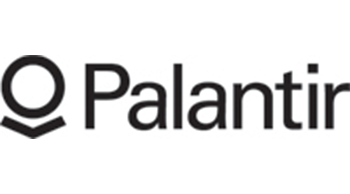U.S. Senator Marsha Blackburn was sworn in to the Senate in January 2019.
In 2018, the people of Tennessee elected Marsha Blackburn as the first woman to represent the Volunteer State in the United States Senate. She serves on the Deputy Whip Team and is a member of the Finance Committee; the Commerce, Science & Transportation Committee; the Veterans Affairs Committee; and the Judiciary Committee. She serves as the Ranking Member on the Subcommittee on Consumer Protection, Product Safety, and Data Security and the Subcommittee on Human Rights and the Law.
Marsha dedicates her public service to promoting opportunities for women and making America a more prosperous place to live. A longtime ally of entertainment industry professionals, Marsha began her career in public service in 1995 when she was named executive director of the Tennessee Film, Entertainment, and Music Commission. While serving in the Tennessee Senate, Marsha led a statewide grassroots campaign to defeat a proposed state income tax. The tax was defeated, and Marsha’s leadership earned her a reputation as an anti-tax champion. Before her election to the Senate, Marsha represented Tennessee’s 7th Congressional District in the United States House of Representatives, where she became a leader in the fight for a small, efficient federal government that is accountable to its citizens. She continued her advocacy on behalf of creators and rights-owners, establishing the bipartisan Songwriters Caucus and fighting for passage of the Music Modernization Act, which revolutionized music licensing processes. In 2016, Marsha won passage of the BOTS Act, which empowered the Federal Trade Commission (FTC) to crack down on digital scalpers.
In the Senate, Marsha is a leader in the fight for fiscal responsibility, economic opportunity, and strategic trade policies that advance competition in the United States. She has introduced legislation requiring 1%, 2%, and 5% across-the-board cuts to non-defense, non-veterans, and non-homeland security spending since she was first elected to serve in the 108th Congress. Her in-depth analyses of the threats to American sovereignty posed by the Chinese Communist Party have prompted Congress to examine legislation countering Beijing’s malign influence on global supply chains and technology infrastructure and within international organizations. A staunch supporter of the military, Marsha champions policies that support active duty servicemembers and guardsmen, their families, and their missions at home and abroad. In 2022, she successfully led the fight to repeal the military’s COVID-19 vaccine mandate. She is a leading advocate for veterans and has fought tirelessly for the expansion of VA health benefit eligibility through the community care program. Marsha’s commitment to protecting quality health care for all Tennesseans motivated the creation of her “Rural Health Agenda,” an innovative series of bills that would expand access, support providers, and assist local leaders in making care provision a crucial aspect of economic development.
Marsha has championed numerous initiatives on behalf of the creative community including the AM/FM Act and the HITS Act, as well as a tax classification fix for self-employed workers that was implemented as part of the CARES Act. In the 116th Congress, she led the Senate Judiciary Committee’s Tech Task Force, a roundtable-style working group dedicated to the examination of technology’s influence on American culture. Her work with the Consumer Protection subcommittee in the 117th Congress exposed Big Tech’s disregard for privacy and safety and introduced a new era of transparency into the platform-consumer relationship.
Marsha bases her approach to border policy on the simple truth that until our borders are secure, every town will be a border town and every state will be a border state. She is leading the charge to fully fund the United States Border Patrol, restart construction of a physical barrier, and impose harsher criminal penalties for drug smuggling. In the 118thCongress Marsha will continue this fight for law and order on behalf of the thousands of women and girls lost to cross-border human trafficking.
Marsha’s leadership philosophy is based on her experiences in the private sector as a small businesswoman and author, and as a mother and grandmother.











